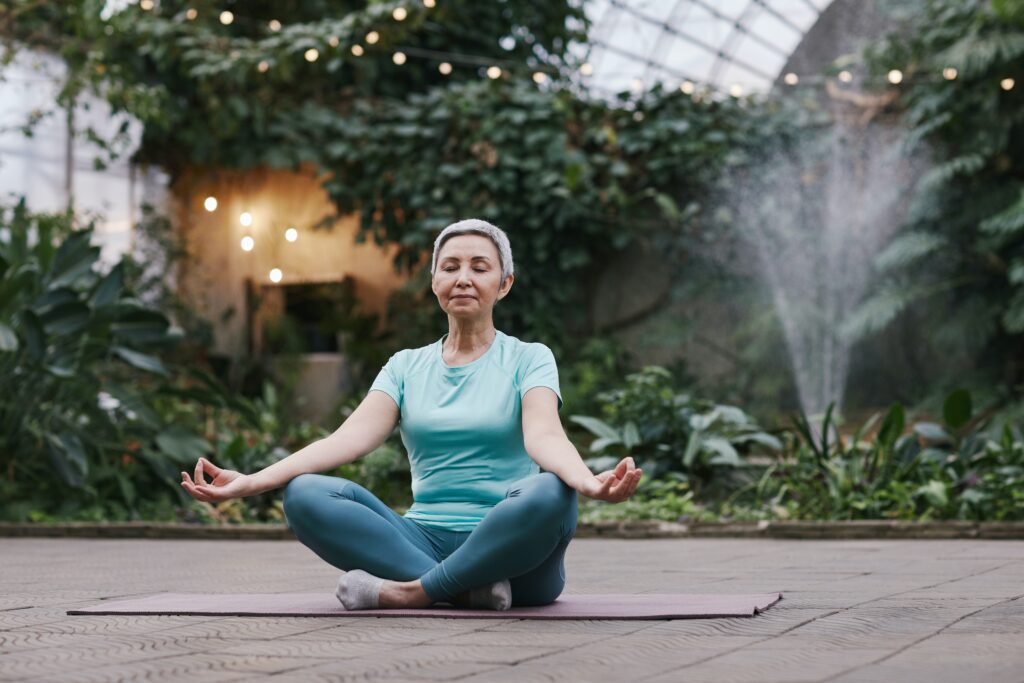
The benefits of sport and exercise on physical health have been known for a long time. But its effects on mental health are equally important. Engaging in regular physical activity can have profound effects on mental health. Such as sports, fitness routines or recreational activities. In this article, we will examine the multifaceted relationship between sports, exercise and mental health. We will explore psychological benefits, underlying mechanisms, and practical strategies.
Psychological Benefits of Sport and Exercise:
1. Stress Reduction and Mood Enhancement:
- Stress Relief:
Physical activity acts as a natural stress reliever. It reduces cortisol levels. It improves mood by promoting the release of endorphins. And it improves the sense of well-being.
- Anxiety and Depression Management:
Regular exercise increases the production of serotonin, a neurotransmitter associated with mood regulation. It has been shown to relieve symptoms of anxiety and depression.
2. Improved Cognitive Function and Mental Performance:
- Improved Cognitive Function:
Exercise has been associated with improved cognitive abilities, including attention, memory and executive functions. It supports neuroplasticity and the growth of new brain cells.
- Stress Resistance:
Physical activity improves adaptive coping strategies. It increases self-confidence and encourages a positive mindset. Thus, it increases resistance to stress.
3. Boosted Self-Esteem and Body Image:
- Increased Self-Confidence:
Sport and exercise improve skills, achievements and positive self-image. It increases self-esteem and self-confidence.
- Positive Body Image:
Participating in physical activity focuses on the functionality and strength of the body rather than appearance. It promotes a positive body image.
4. Social Connection and Support:
- Social interaction:
Participating in sports or group exercise activities provides opportunities for social interaction. It improves the sense of belonging, friendship and social support.
- Teamwork and Collaboration:
Team sports can improve interpersonal relationships and emotional intelligence. Teamwork improves cooperation and communication skills.
Mechanisms Behind the Benefits of Sport and Exercise
1. Neurochemical and Neurological Effects:
- Endorphin Release: Physical activity stimulates the release of endorphins. They are neurotransmitters that produce feelings of pleasure and reduce the perception of pain.
- Neurogenesis and Brain Plasticity: Exercise stimulates the growth of new neurons and the formation of new connections in the brain. It improves cognitive function and mood regulation.
2. Regulation of Stress Response:
- HPA Axis Modulation: Physical activity helps regulate the hypothalamic-pituitary-adrenal (HPA) axis. It reduces the production of stress hormones such as cortisol and promotes a more balanced stress response.
- Neurotransmitter Balance: Exercise affects levels of neurotransmitters, which play an important role in mood regulation and emotional well-being. Such as serotonin, dopamine and norepinephrine.
Practical Strategies for Harnessing the Power of Physical Activity:
1. Choose Activities You Enjoy:
- Find Your Passion: Participate in sports, fitness routines or recreational activities that you truly enjoy. This increases motivation and makes it easier to maintain consistency.
2. Establish Realistic Goals:
- Set Achievable Goals: Set specific, measurable, achievable, relevant and time-bound (SMART) goals that align with your personal abilities and interests.
3. Make Physical Activity a Habit:
- Consistency is Important: Aim for regular physical activity and plan it as a non-negotiable part of your routine. Gradually increase the duration and intensity of your exercise over time.
4. Mix it Up:
- Diversity and Adaptability: Use a combination of aerobic exercises, strength training and flexibility exercises to work different muscle groups and improve overall fitness.
5. Social Engagement:
- Participate in Group Activities: Join team sports, group exercise classes or fitness clubs to benefit from the social aspect of physical activity.
6. Mind-Body Practices:
- Mindfulness and Yoga: Explore mindfulness-based exercises, yoga or tai chi, which combine physical movement with mental focus and relaxation techniques.
7. Seek Professional Guidance:
- Consult a Fitness Expert: If necessary, consult a fitness professional or personal trainer to develop a custom exercise program that suits your abilities and goals.

Improving Mental Health and Well-being
Sport and exercise offer a powerful way to improve mental health and wellbeing. Participating in regular physical activity not only provides physical health benefits. It also has a profound impact on psychological health.
The psychological benefits of sport and exercise are far-reaching. From reducing stress and improving mood to improved cognitive functions, increased self-esteem and social connection. Individuals can harness the power of physical activity to improve mental health. By understanding the mechanisms behind these benefits and incorporating practical strategies into daily life.
Remember that you need to choose activities you enjoy, set realistic goals, make physical activity a habit, and focus on social participation. Prioritize sport and exercise as an integral part of your holistic well-being. You can experience its transformative effects on your mental health, leading to a happier, healthier and more balanced life.